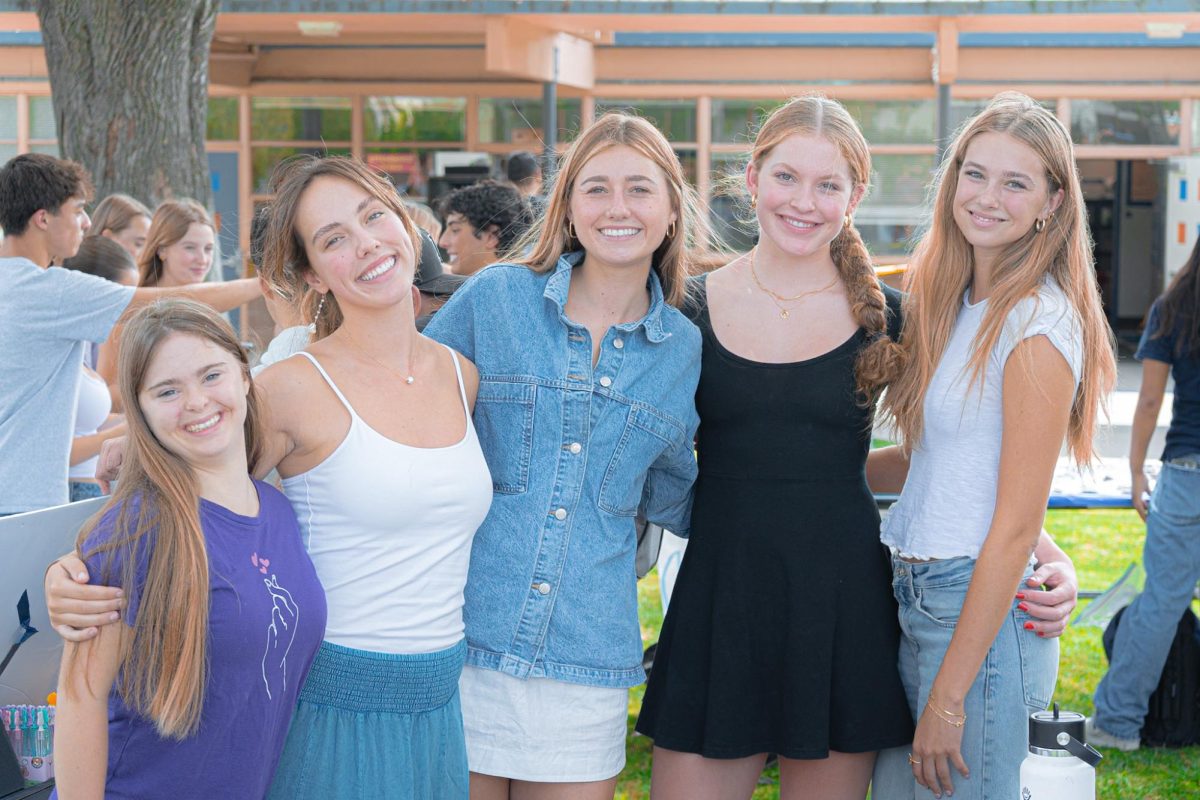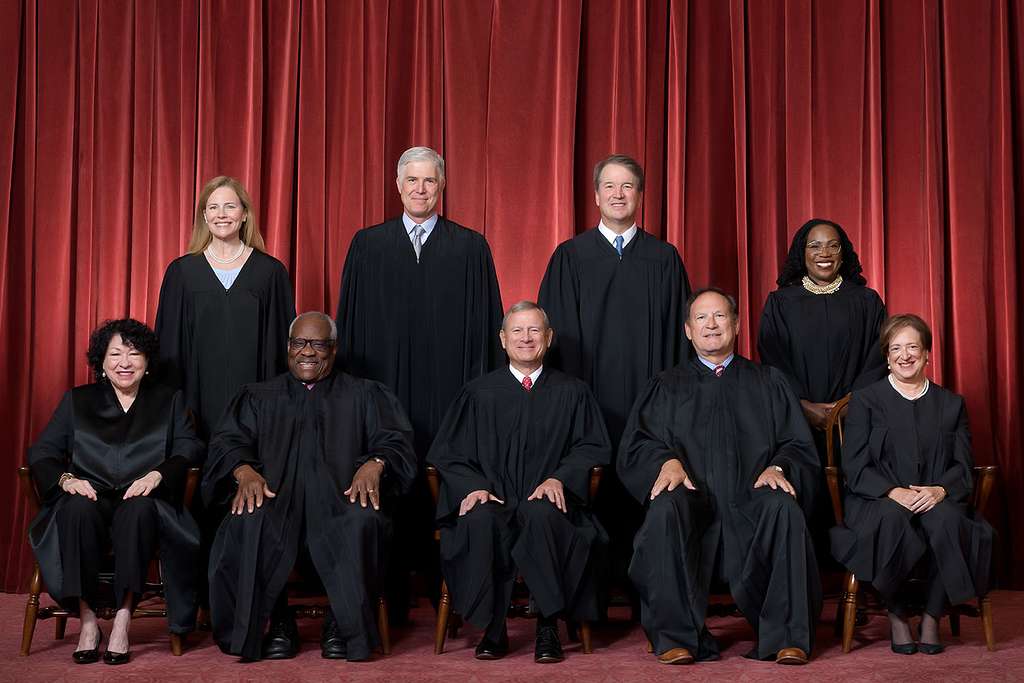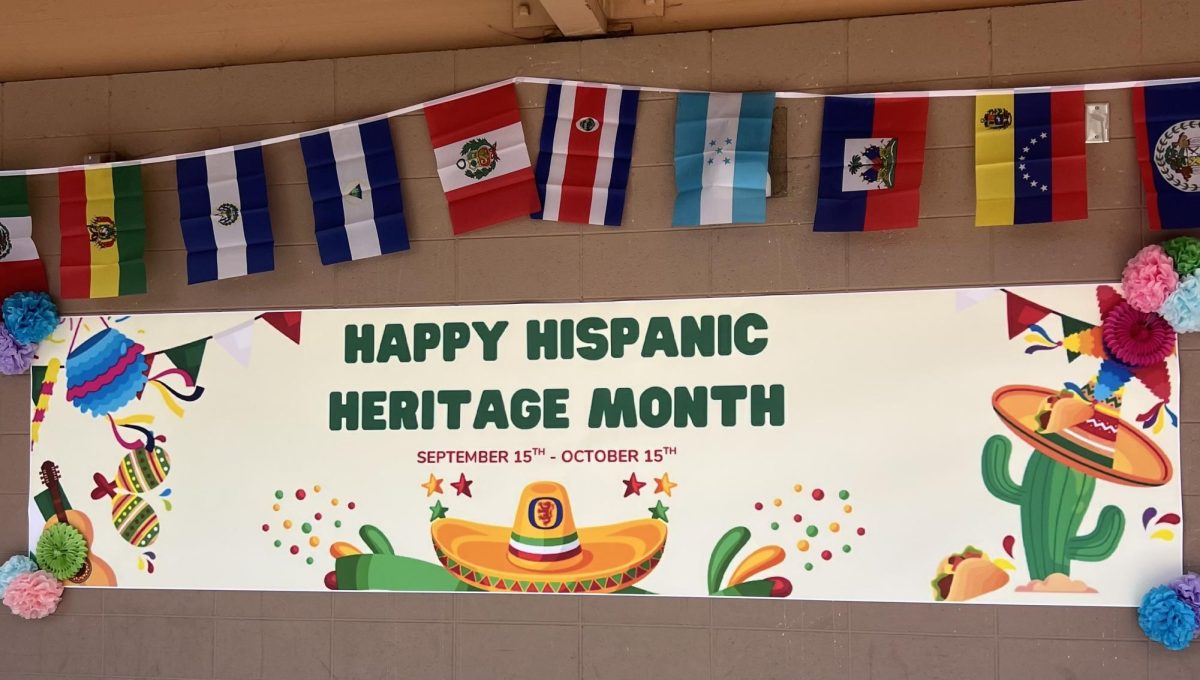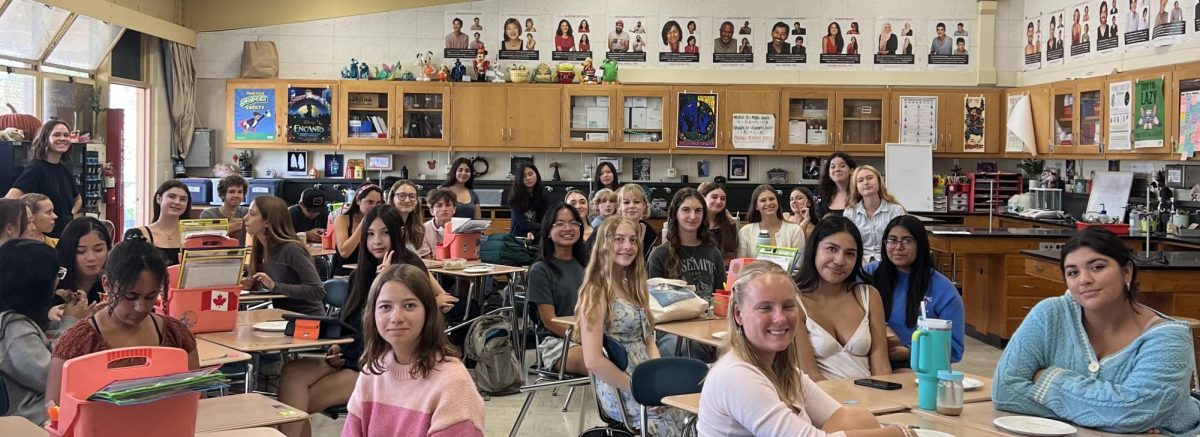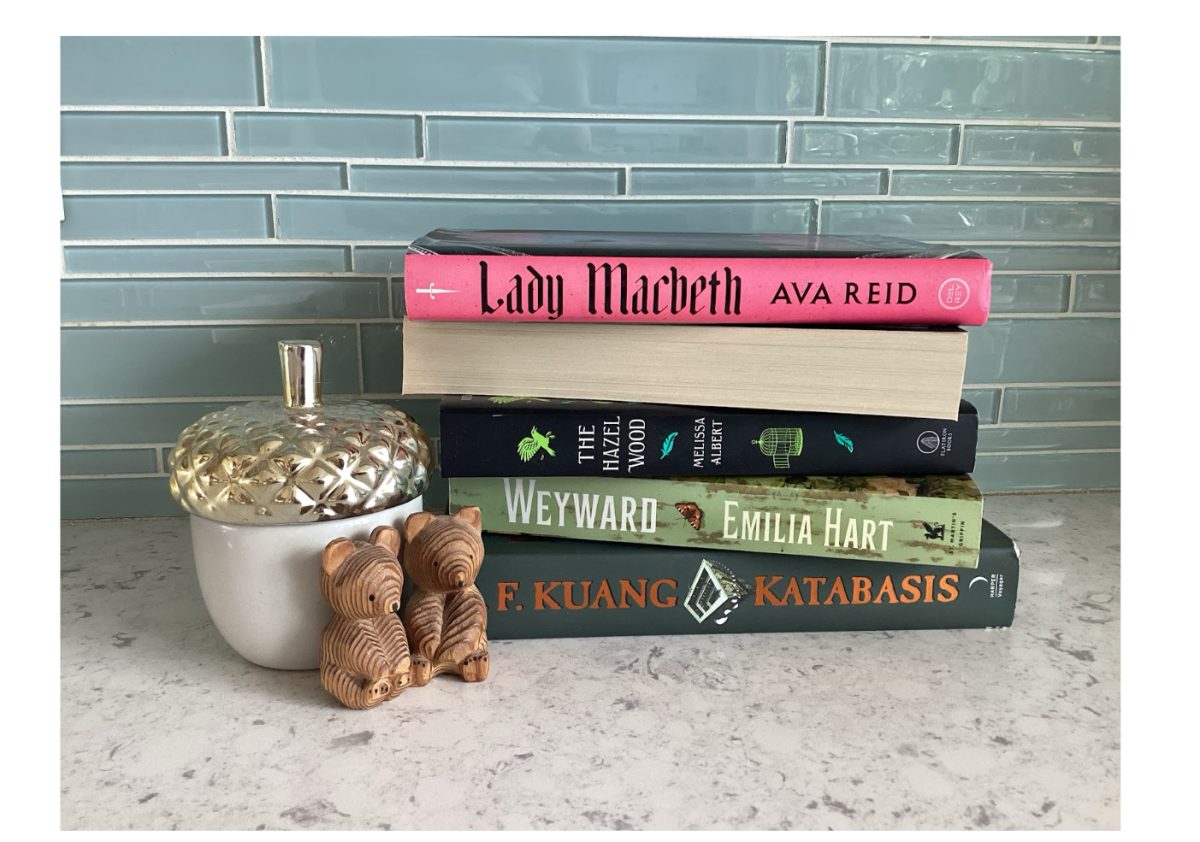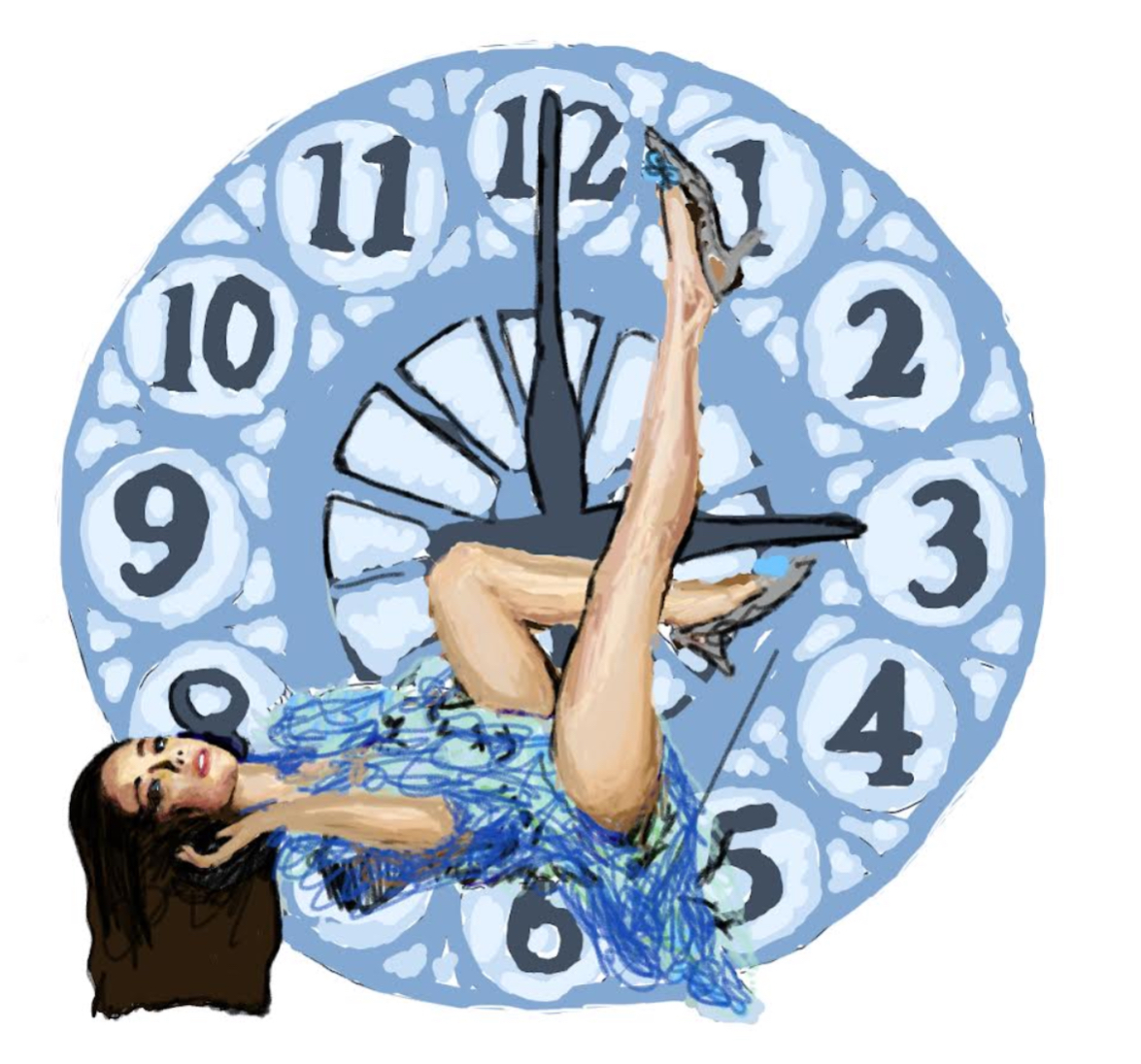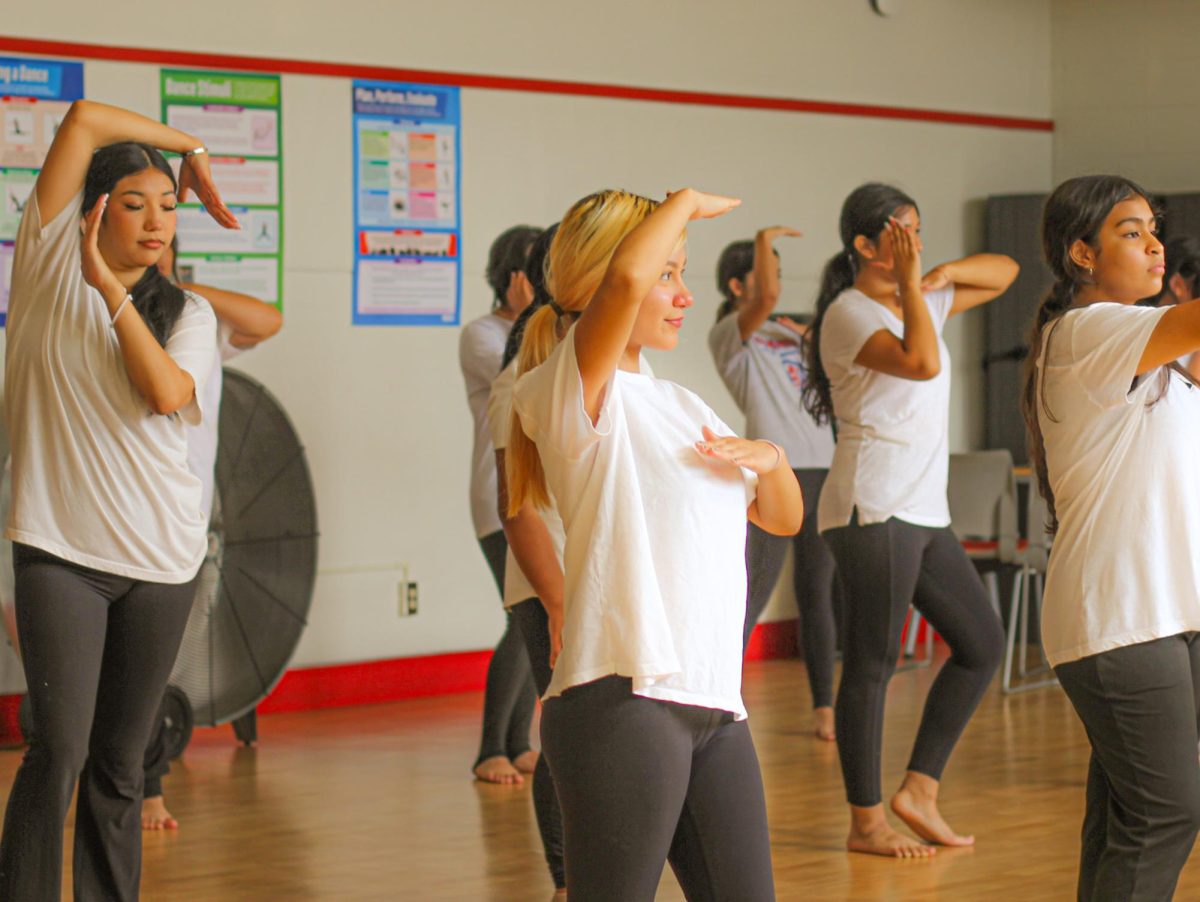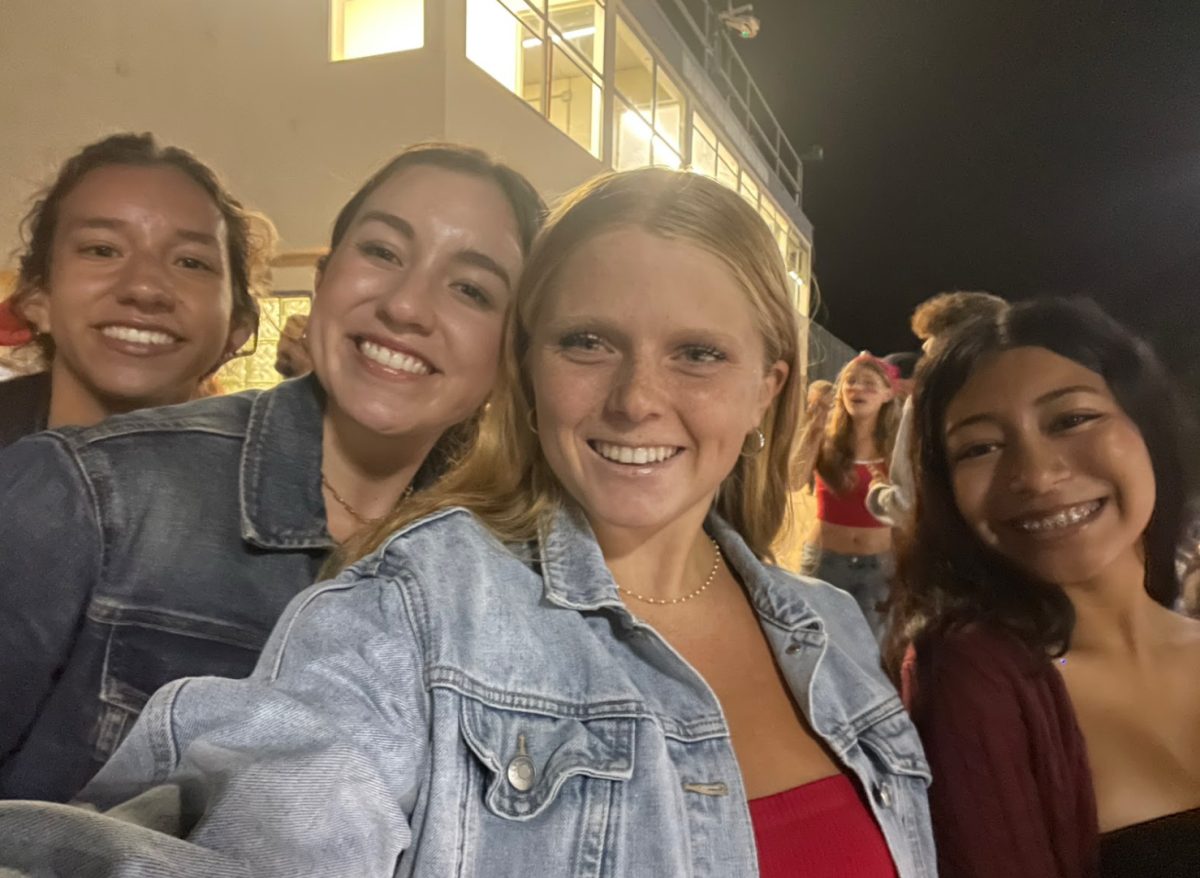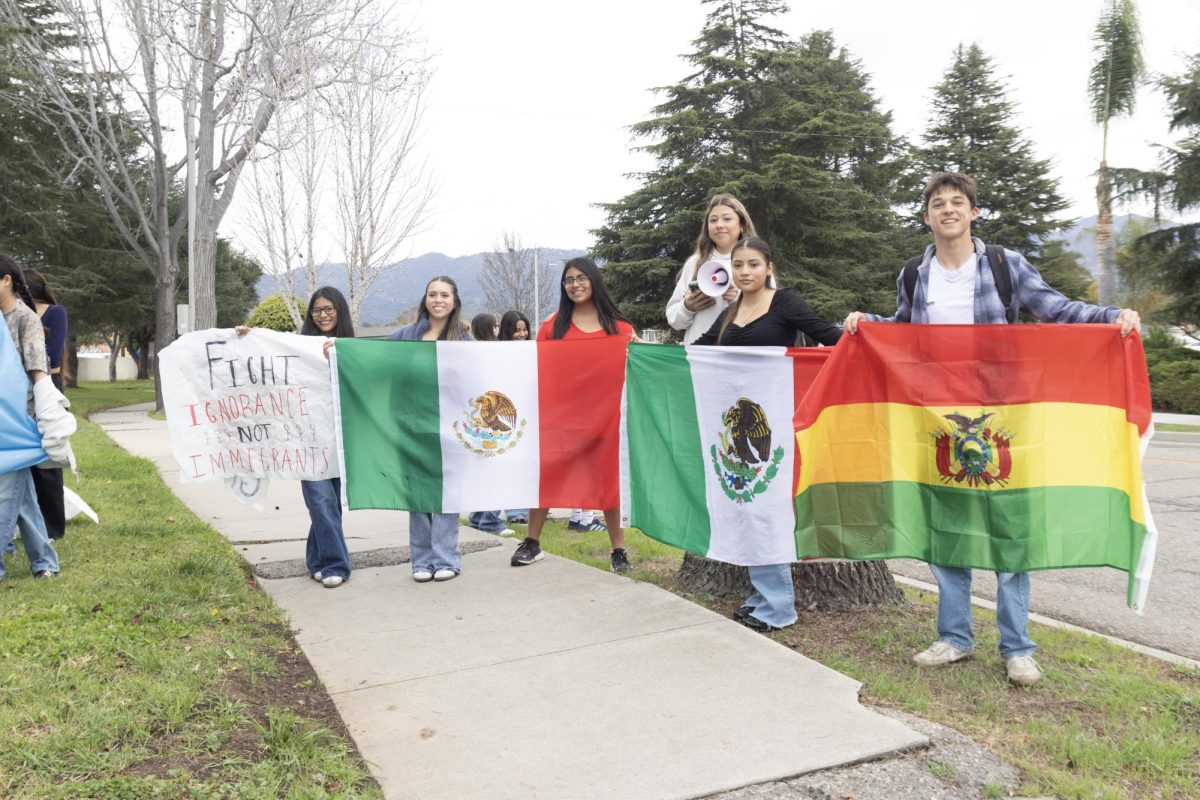Our world is full of diversity, whether through ethnicities, languages, cultures, or all of the above. It is important to appreciate and respect this diversity through inclusive curriculum and conversations, which here at SMHS, we have already begun to implement through Ethnic Studies. However, many individuals today still cherry-pick certain cultural aspects, particularly through fashion, for their own benefit or recognition, and this has undoubtedly sparked controversy and consternation. Many of us have seen non-black celebrities (such as Adele and Kim Kardashian) wearing hairstyles deliberately taken from Afro-American culture on social media platforms like Instagram, or famous singers wearing outfits that mimic ceremonial clothing for their performances or videos (for example, Lana Del Rey, who wore a headdress appropriated from indigenous culture onstage during her music video “Ride”). Or maybe we know someone who is not Latino/Hispanic who wears a sombrero on Cinco De Mayo.
This young girl is wearing cornrows, which originated from black culture. Photo courtesy of Flickr
“Chicano people aren’t just…taco Tuesday and…fiestas,” said an anonymous Chicano junior. “We are powerful and deserve respect.”
This behavior is overwhelmingly problematic and needs to be adjusted in order to be more thoughtful about others’ traditions and identities.
“My culture is not a Halloween costume,” said an anonymous East Asian SBUnified employee. “Our traditional dress has special meaning and it’s not something you just wear for fun on one day, without understanding the cultural and historical significance.”
When we think about cultural appropriation during Halloween, we might recall certain Disney princesses from different cultures, including but not limited to Tiana, Pocahontas, Mulan, or Jasmine. Although these are popular examples of culturally insensitive costumes, they are not the only ones. Wearing Day of The Dead makeup for a Halloween costume is another practice that should be avoided if you are not Latinx/Hispanic, because of its deeper historical context and its undermining of the distinction between the two holidays—the former is a day of remembrance and is in no way associated with Halloween. Dressing up as a geisha or a Bollywood performer is also unacceptable for those outside Japanese and Indian ancestry. No matter how beautiful these clothes may be or how tempting it may be to wear them as a costume, it is always best to be invited to do so alongside someone of that heritage rather than unintentionally snatch aspects of their culture for yourself by wearing their style of clothing.
An indigenous headdress with traditional decoration. Photo courtesy of Flickr
“For my culture, appropriation during Halloween is people wearing sombreros and ponchos holding mariachis, it’s dressing up as gang members, and it’s dressing up as ‘La Catrina’, said an anonymous Latina junior. “I’ve seen it before, and it’s tacky and disgusting. Especially in high school, we are all old enough now to know that some things are important to specific cultures and shouldn’t be treated as a costume, and that dressing as a stereotype of a culture is absolutely offensive. Additionally, while there are obvious no-nos in Halloween costumes—such as dressing up in black face, dressing up as a Native American, or wearing traditional Asian clothing—sometimes there are more ambiguous costumes to be aware of—Moana, for example, wears traditional Samoan clothes.”
Two Samoan friends wearing traditional garments. Photo courtesy of Flickr
So what can we do to prevent this? One student shares this tip:
“My advice to anyone who plans to dress up using inspiration from other cultures is to research it,” said another anonymous Latinx junior. “If the thing you want to wear is flagged as cultural appropriation, then maybe don’t wear it, just wear a witch hat and call it good.”
An example of a fun costume choice that isn’t cultural appropriation: a superhero. Summer Slotnick-Lastrico/The King’s Page
There are so many Halloween costumes to choose from nowadays that do not pertain to others’ customs. In order to pay more respect to the myriad of cultural traditions throughout the world, we must stop taking advantage of them through appropriation. Instead, leave certain attire to those who actually come from that background and get more creative with a costume that is not offensive. And if you are having trouble finding ideas that you know will not insult others, look no further than Pinterest. They have pledged starting this Halloween not to include ideas which are not purloined from others’ ways of life. Have a happy Halloween, Royals, and remember: no one’s culture should be dwindled down to a Halloween costume.

